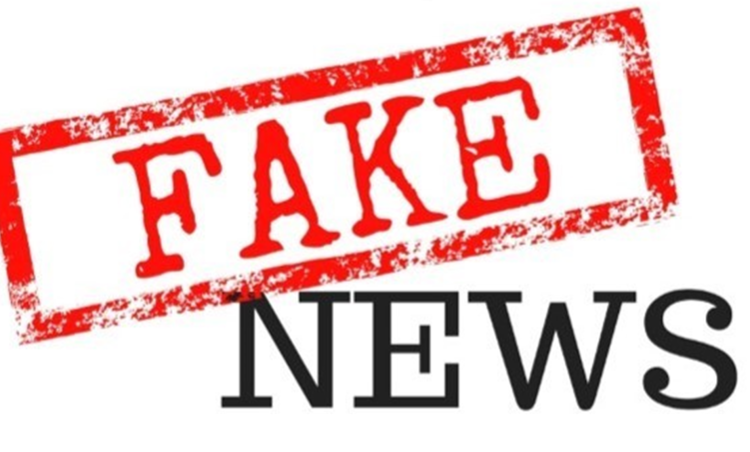Receiving media coverage is definitely an exciting moment, especially when you have been working on a campaign for quite some time. However, it is important that your company is always seen and heard in the media on a regular basis and in the right light too!
Media training will result in helping you develop skills to get your ideas and messages across concisely with a bang. As soon as you become a successful representative, media will constantly come back to you for proficient commentary on your area of know-how’s.
Here are five credible reasons to consider media training:
1. Your ability to speak will get people’s attention
Many people are frightened by live radio, television or interviews. However, with the help of sufficient media training, you can develop and maintain your confidence in speaking with the media.
Media training has the ability to teach you how to utilise your tone, words, and body language to distribute your point in a dominant way. If you are speaking on television, viewers not only listen to your words; they are most definitely looking at your body language too. With proper training, you can feel right at home and share about your company at ease. When you build up your conference skills, speaking in the media is one of the most influential forms of marketing and PR for your company.
2. You can clearly control your key ideas
Maintaining positive communication is vital so you know exactly what to say when you are interviewed by the media. Your key ideas must be unique, brief, targeted to your audience, fixed on the benefits of your product or service and you should communicate in a way that sits well with your audience. We recommend that you have at least 5 key points in your media interview, because once your ideas start becoming clearer and concise, you can then come back to them throughout the interview to get your points across in a meaningful manner.
3. You can build up prepared responses in tricky situations
Occasionally, you may come across a few journalists that will you ask you a difficult question and put you in a sticky situation. Knowing what to say and how to respond in the best manner is crucial. Media training will ensure you have all possible questions covered, particularly being able to negotiating difficult questions by using simple and effective techniques that you will strengthen your relationship with the media. As a result, this will maximise news value and structure your message for better coverage.
4. You have the ability to control the media interview
Media training can educate you on how to maintain your poise throughout the interview and create the successful outcome you desire. Even though journalists ask you the questions, you are in control of the interview. Media training will assist you to set goals for every appearance – which will build up your confidence to dominate. Answering questions will only get you so far, but it’s how you answer these questions that will get you in control of the interview. If you’re in control, you know the interview will go how you want it to go, which will result in successful coverage.
5. Fear of being misquoted? You won’t be.
Media training can help you avoid the chance of being misquoted through undertaking skills of effective communication. Going to an interview unprepared for tough questions, not having a clear mindset and have no clarity on certain topics; the possibility of being misquoted or saying the wrong thing will be much higher. Engaging in media training for this reason will allow you to develop skills in expressing clear and concise communication between you and the interviewer; this is extremely important for your business to receive successful coverage and gain positive relationships.
Guest appearance/blog post by Liam Spagnolo
Sources:
http://www.microsoft.com/business/en-us/resources/management/leadership-training/6-tips-for-taking-control-in-media-interviews.aspx?fbid=_W9RRf4r59p
http://www.prnewsonline.com/featured/2014/07/28/pr-insider-media-training-what-you-need-to-know-and-when/



